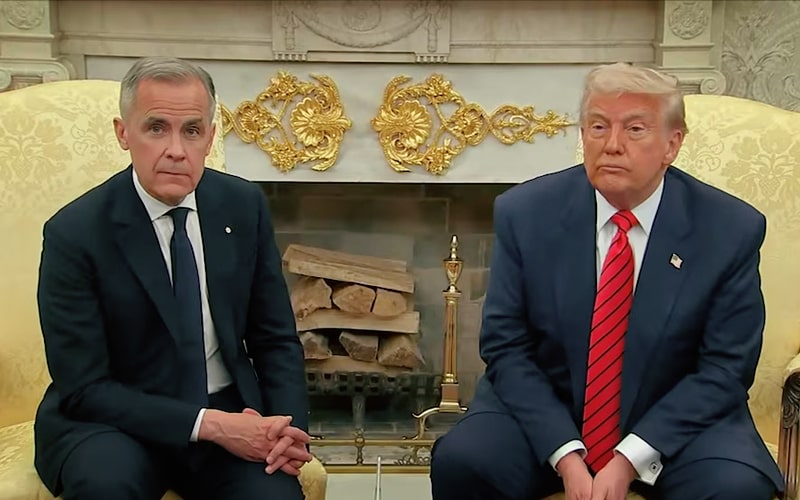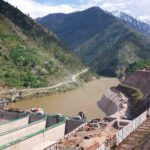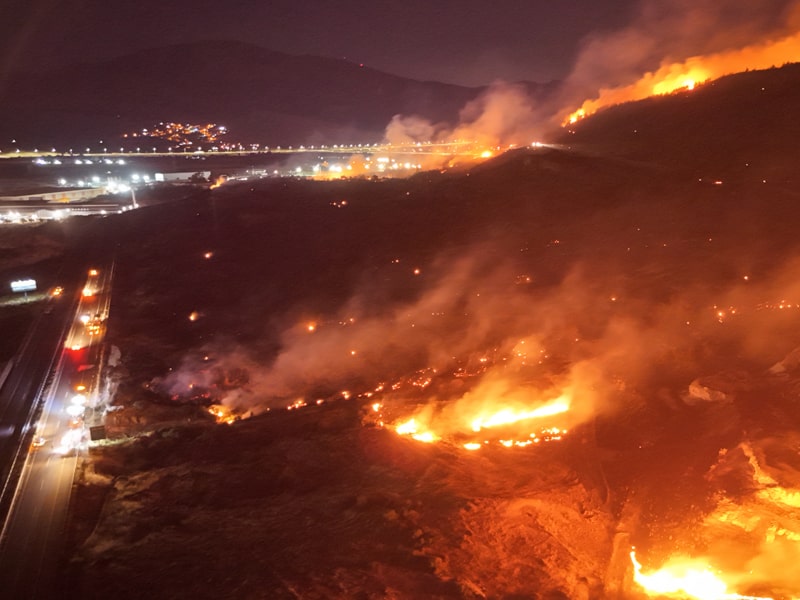The Oval Office meeting between U.S. President Donald Trump and Canada’s new Prime Minister Mark Carney was neither tense nor warm—falling somewhere in between. While no harsh words were exchanged, the discussion made it clear that relations between the neighboring countries remain strained.
The two leaders met in Washington on Tuesday amid growing discomfort in Ottawa over Trump’s repeated comments about making Canada the 51st U.S. state. Carney, newly elected after a campaign marked by strong opposition to Trump’s rhetoric, used the opportunity to make his position clear: Canada is not for sale.
During the meeting, Trump commented on the simplicity of the U.S.-Canada border, joking about its straight-line design. Carney, later reflecting on the remark, said he was thankful no one could read his thoughts at that moment. Still, he addressed the underlying issue directly, saying, “As you know from real estate, there are some places that are never for sale,” adding pointedly, “We’re sitting in one right now.”
Carney continued, emphasizing Canada’s sovereignty by referencing its ties to King Charles III, Canada’s head of state, and noting that the idea of annexation had been firmly rejected by Canadians. Trump responded with a casual, “Never say never,” before backing off the subject for the remainder of the meeting.
Though Trump dominated most of the discussion—speaking on various topics unrelated to the main agenda—Carney’s brief but clear rebuttal to the annexation suggestion stood out. After the press left, Carney reportedly told Trump that continuing to push such ideas was not useful. He later said at a press conference, “He is the president, and he will say what he wants.”
Trump, who has clashed publicly with former Canadian Prime Minister Justin Trudeau, refrained from using past insults against Carney. Still, tensions lingered. Just hours before the meeting, Trump posted online that Canada relies too heavily on the U.S. and insisted the U.S. needs “nothing” from its northern neighbor apart from friendship.
The meeting ended with Trump reaffirming his stance on trade, saying tariffs on Canadian steel and cars would remain in place. Despite the unresolved issues, both sides agreed to meet again next month at the G7 summit in Alberta.










